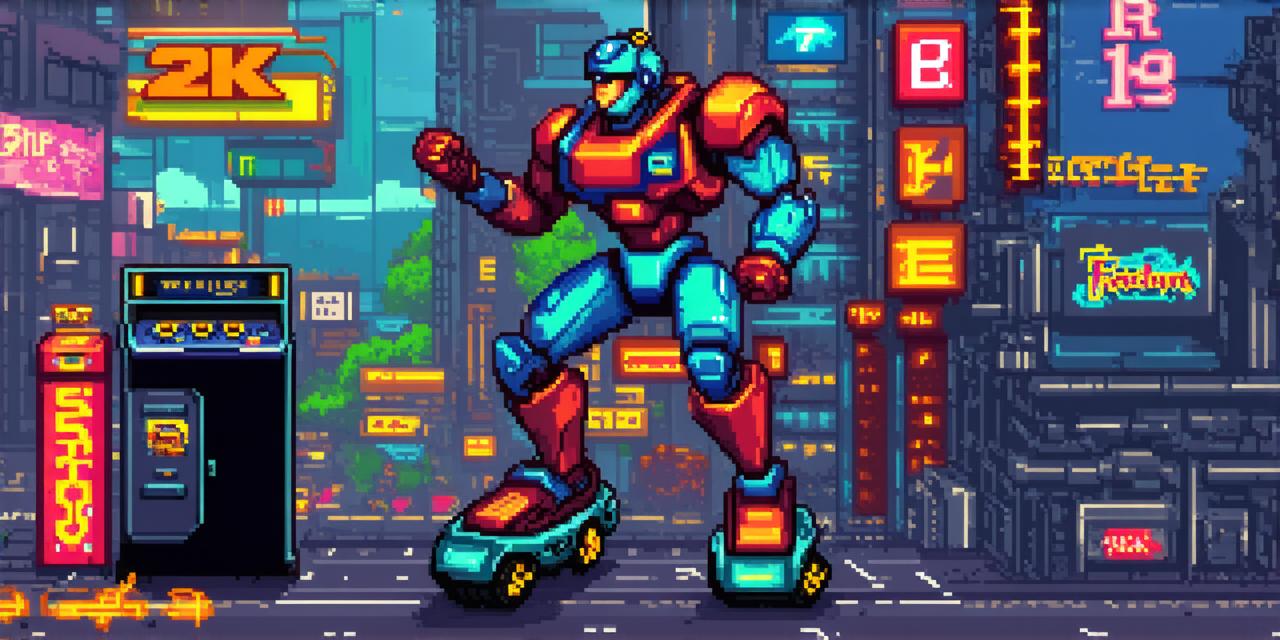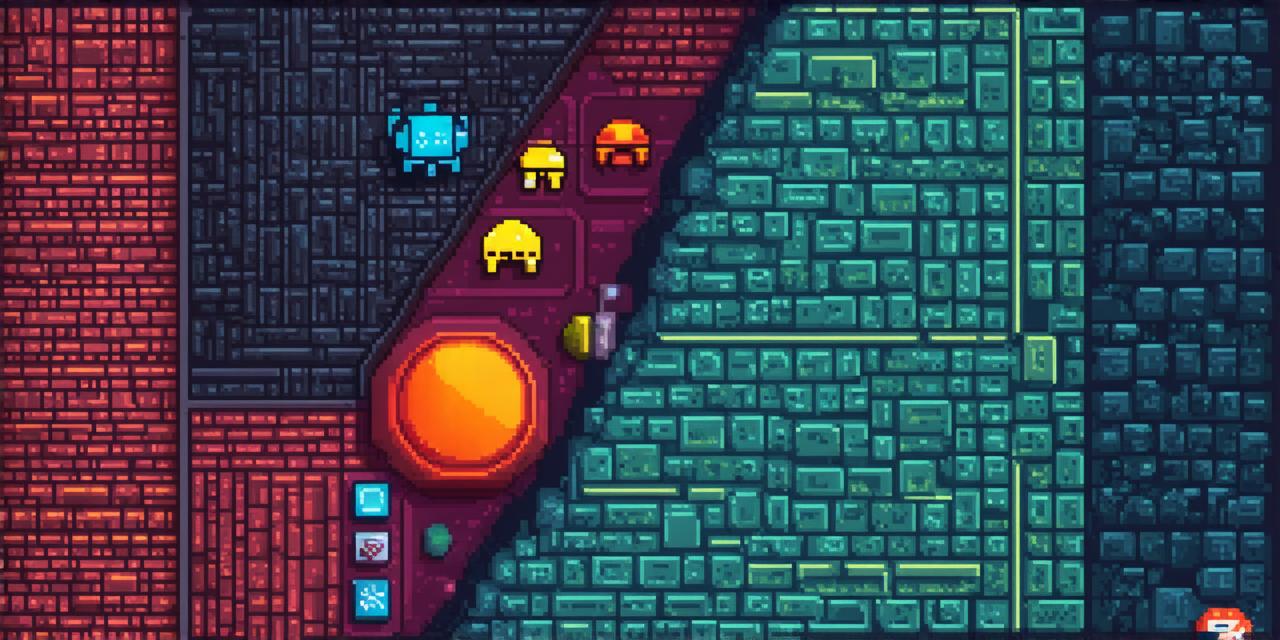What are Video Game Designers?
Video game designers are responsible for creating the content, rules, and mechanics of video games. They work closely with other members of the development team, such as programmers, artists, and writers, to create a cohesive and engaging gaming experience. Some common responsibilities of a video game designer include conceptualizing and designing levels, characters, and enemies, creating storylines and dialogue, and testing and iterating on gameplay mechanics.
Education and Qualifications:
While there are no specific degrees or certificates required to become a video game designer, many universities and colleges offer programs in game design that can provide valuable education and training. These programs typically include courses in art, animation, programming, and game theory.
Skills Required:
Creativity: Video game designers need to be able to come up with unique and innovative ideas for games. They need to be able to think outside the box and find ways to make games stand out from the competition. This requires a lot of brainstorming, ideation, and experimentation.
Problem-solving: Game design is all about finding solutions to problems. Video game designers need to be able to identify issues with gameplay mechanics, storylines, and other elements of a game and come up with effective solutions. This requires strong analytical skills and the ability to think logically.
Attention to detail: Game design involves working with many different people, including artists, programmers, and writers. Video game designers need to be effective communicators in order to convey their ideas clearly and collaborate effectively with others on the team. This requires strong written and verbal communication skills, as well as the ability to work well in a team environment.
Communication: Game design involves working with many different people, including artists, programmers, and writers. Video game designers need to be effective communicators in order to convey their ideas clearly and collaborate effectively with others on the team. This requires strong written and verbal communication skills, as well as the ability to work well in a team environment.
Personal Experience:
In addition to education and qualifications, personal experience can also be a valuable asset for video game designers. Many successful designers have worked on their own personal projects or have volunteered at local game jams or hackathons. These experiences can provide valuable hands-on experience with the tools and techniques used in game design, as well as the opportunity to network with other designers and industry professionals.
Case Study:

One example of a successful video game designer who started out with personal experience is Minecraft creator Markus Persson. Persson began working on Minecraft while he was still in high school, and it quickly gained popularity among gamers around the world. His success with Minecraft led to a job at Microsoft, where he continues to work as a game developer today.
Conclusion:
Becoming a video game designer requires a combination of skills, education, and experience. While there are no specific degrees or certificates required, many universities and colleges offer programs in game design that can provide valuable education and training. Personal experience, creativity, problem-solving, attention to detail, and communication are all essential skills for success in this exciting field. With dedication and hard work, anyone with a passion for game design can achieve their goals and make a lasting impact on the gaming industry.
FAQs:
Q: What education or qualifications do I need to become a video game designer?
A: While there are no specific degrees or certificates required to become a video game designer, many universities and colleges offer programs in game design that can provide valuable education and training. These programs typically include courses in art, animation, programming, and game theory.
Q: What are some of the most important skills for a video game designer?
A: The most important skills for a video game designer include creativity, problem-solving, attention to detail, communication, and personal experience.
Q: What kind of degree can help me become a video game designer?
A: While there are no specific degrees or certificates required to become a video game designer, many universities and colleges offer programs in game design that can provide valuable education and training. These programs typically include courses in art, animation, programming, and game theory.
Q: What kind of personal experience can help me become a video game designer?
A: Personal experience can be a valuable asset for video game designers. Many successful designers have worked on their own personal projects or have volunteered at local game jams or hackathons. These experiences can provide valuable hands-on experience with the tools and techniques used in game design, as well as the opportunity to network with other designers and industry professionals.



